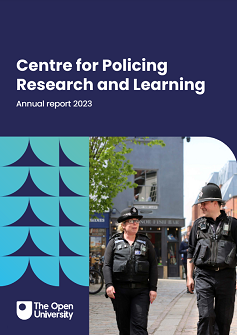Theme 1: Investigation, community and vulnerability
LIVE PROJECTS

1.29 Community perception of threat
This project is designed to assess how to predict the UK public's fear of a terrorist attack.

1.33 Evaluation of 'We Move': A Manchester mentoring programme for young people at risk of involvement in organised crime
An evaluation of a mentoring intervention programme designed to support 60 young people impacted by serious and organised crime.

1.36 Police diversion and drugs: Collaborative evaluation of the effects and cost-effectiveness of police-led diversion of people who use drugs
This project will assess the impacts of diversion on crime, hospitalization numbers and engagement with drug treatment..

1.38 Reducing Criminalisation of Children and Young Adults in Residential Care: Evaluation of a Test of Change
This project will evaluate a test of change designed to reduce unnecessary police contact and criminalisation of children and young people in care homes in the Greater Glasgow region of Scotland.

1.40 Examining the use of Evidence Led Prosecutions (ELPs) in domestic abuse cases
This project aims to build the evidence-base on ELPs by extending the research to a further three forces and improve the use of ELPs to disseminate the findings.

1.41 Staffordshire research project (commision)
This project aims to provide an evidence base which will inform, and challenge, the force's improvement plans.

1.42 Addressing police-perpetrated domestic violence: A process evaluation
This project aims to inform the evidence-base relating to interventions in the domestic abuse area, while also enabling shared learning within the featured police forces and beyond.
COMPLETED PROJECTS

1.39 Addressing domestic abuse in the police service in Wales
This project will evaluate a test of change designed to reduce unnecessary police contact and criminalisation of children and young people in care homes in the Greater Glasgow region of Scotland.
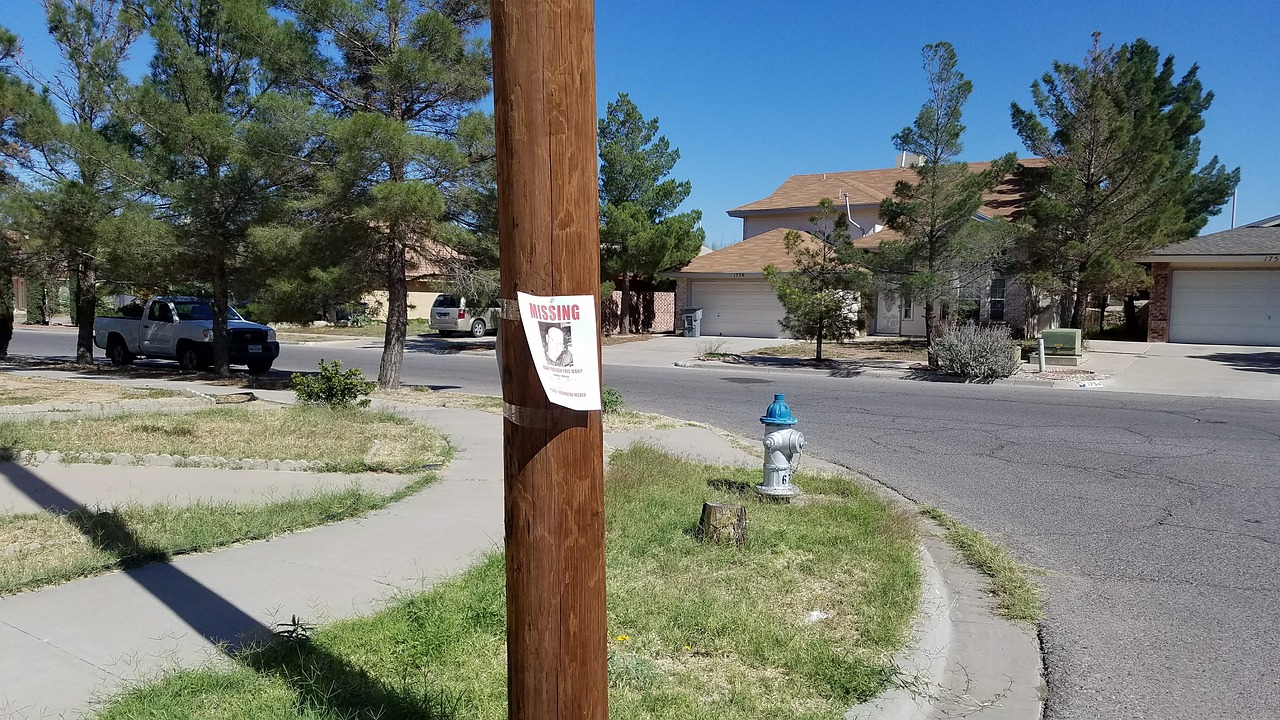
1.37 Reducing demand from U18 missing persons
The aim of this project is to protect children from the long-term harms of going missing and prevent repeat demand on public agencies.

1.35 COVID-19 pandemic and the cyber-victimisation of disabled people in Scotland
This project aims to explore the influence of COVID-19 on the cyber-victimisation of disabled people in Scotland and utiise findings to inform policy and practice.
.PNG)
1.34 Proportionality and use of force
The goal of the current project is to explore interactions that involve use of force between West Midlands Police officers and citizens, by analysing body-worn camera footage.
.png)
1.32 Safeguarding victims of domestic abuse during COVID-19: Challenges and opportunities
The study explores the impact of the Covid-19 pandemic on domestic abuse (DA) safeguarding arrangements at a strategic and practice level from both professional and survivor perspectives.

1.31 Investigating the emergence of expertise in forensic face matching over time
Forensic face-matching examiners provide vital identification evidence in criminal investigations.

1.30 Victim (dis)engagement in domestic abuse and rape cases
This project aims to investigate the profile, reasons for, and implications of victim non-engagement with police and criminal justice processes in domestic abuse and rape cases.
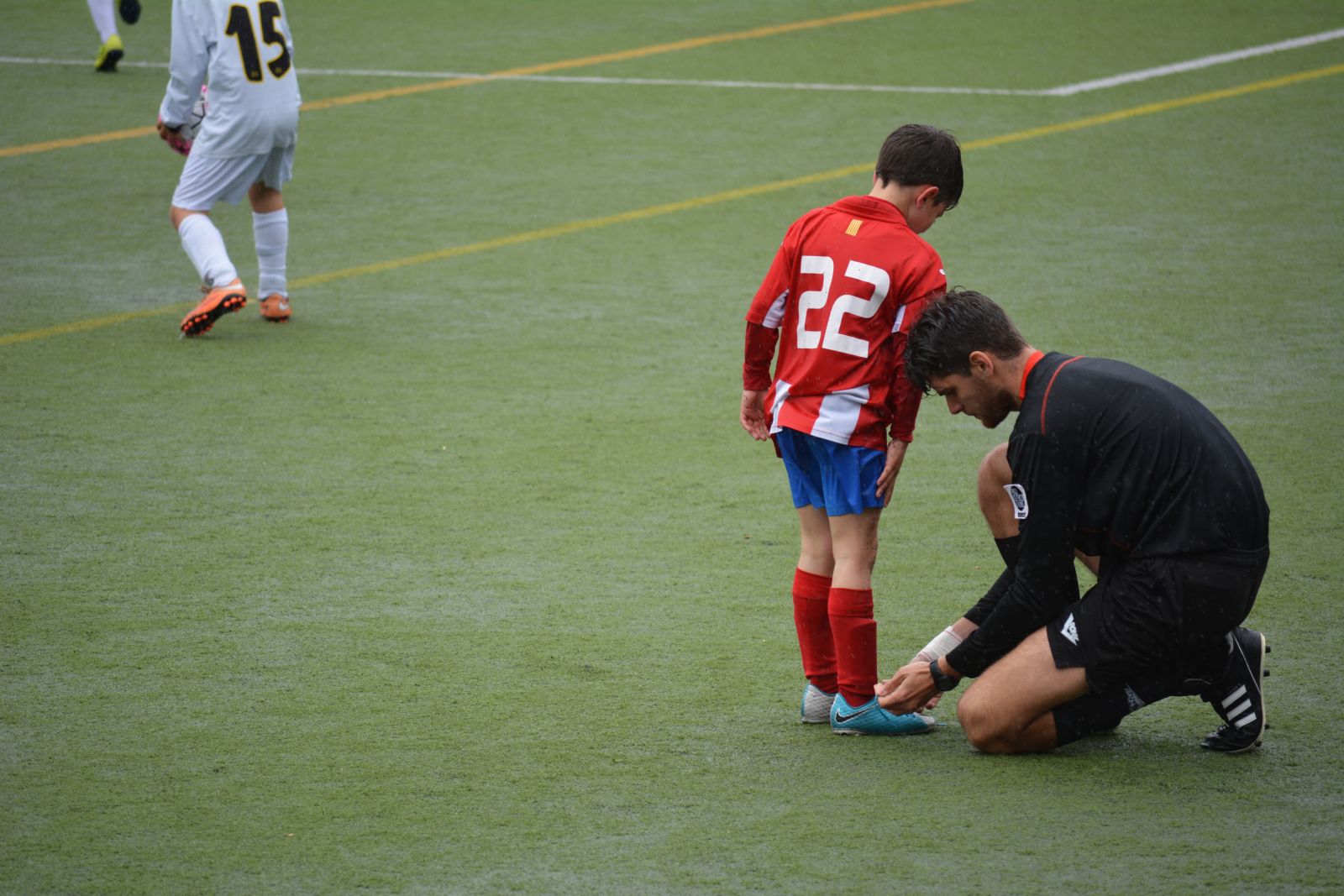
1.28 The impact of police forces and football clubs working together to provide a platform for coaching and mentoring for young people who have received a threat to life notice
Building on the original pilot to to expand the cohort of young people who have received a Threat to Life notice;
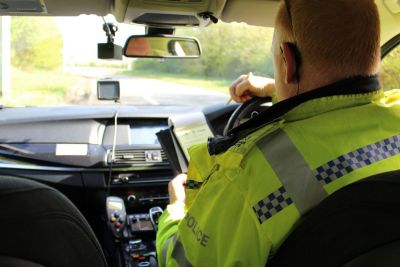
1.27 Mobile phone use while driving: enforcement and education
Identifying and informing the creation of educational resources on mobile phone use whilst driving;
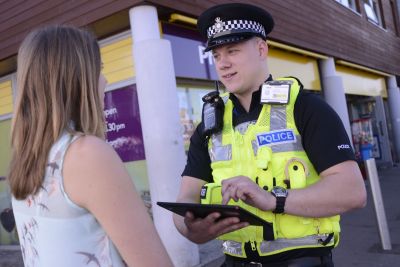
1.26 Community generated victim satisfaction surveys ('User Insight')
Collaboratively developing a new User Insight survey which incorporates feelings and thoughts of the local community.

1.25 Virtual Inclusion: Tackling Hate and Extremism in the UK Using Virtual Reality Technology
Developing virtual reality technology educational resources for schools and the wider public.to tackle hate and extremism.

1.12 A warm welcome? Unaccompanied Migrant Children in Networks of Care and Asylum
This pilot project sought to gather the views of a range of professionals (healthcare, social work, police, border agencies) about the care of unaccompanied minors.
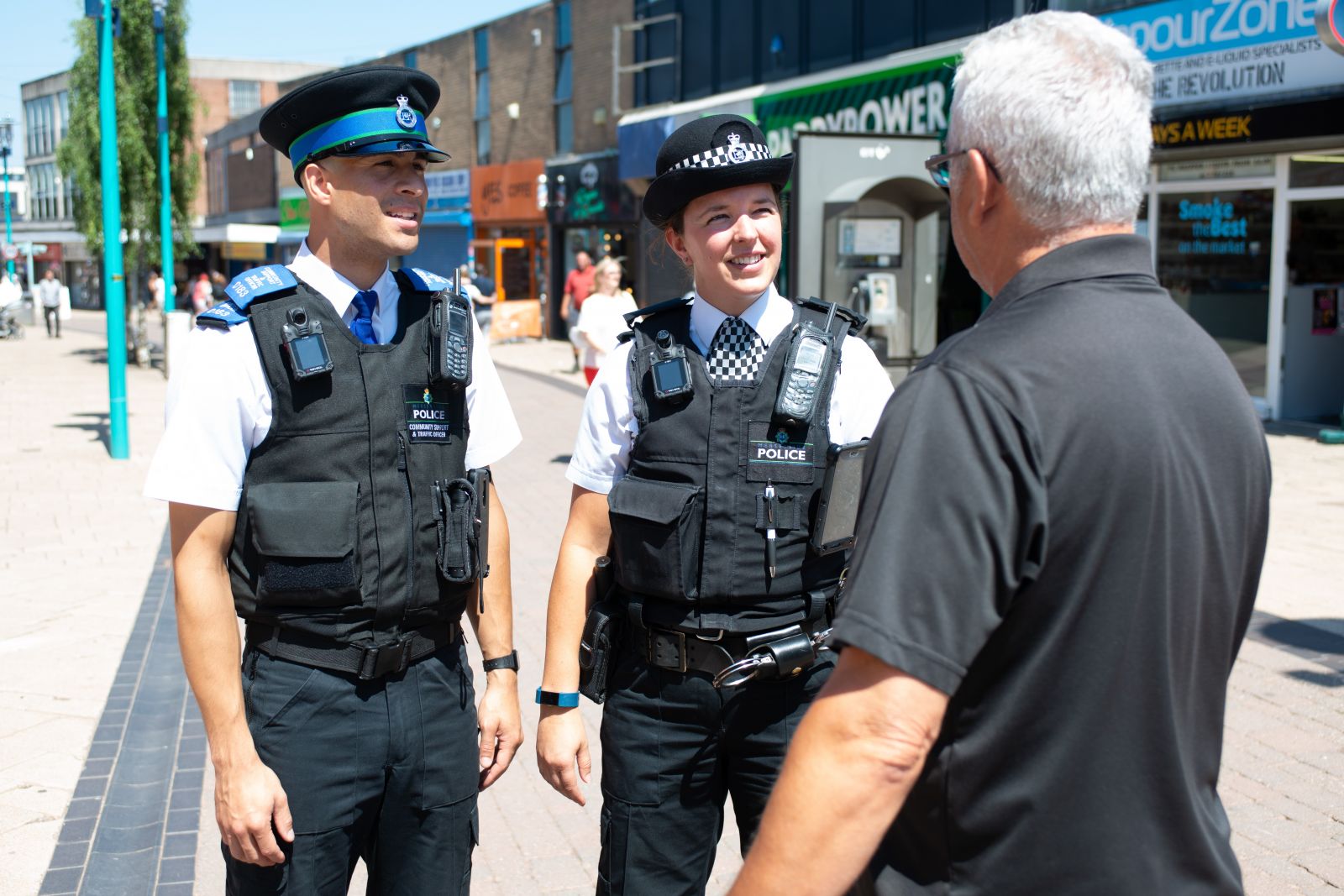
1.08 Collaborative problem solving for community safety
This project involved PSNI working with the Centre for Policing Research and Learning on the design, delivery and evaluation of a new learning intervention which aims to improve community engagement in target neighbourhood areas.

1.06 Improving investigations through utilising technology, community and psychology
A multi-methodological project that analysed police use of social media, and what impact citizen enquiry using social media might have on a police investigation.

1.04 Forensic markets
An investigation of forensic markets through a systematic review and a series of interviews with the police, the regulatory bodies and forensic science companies.
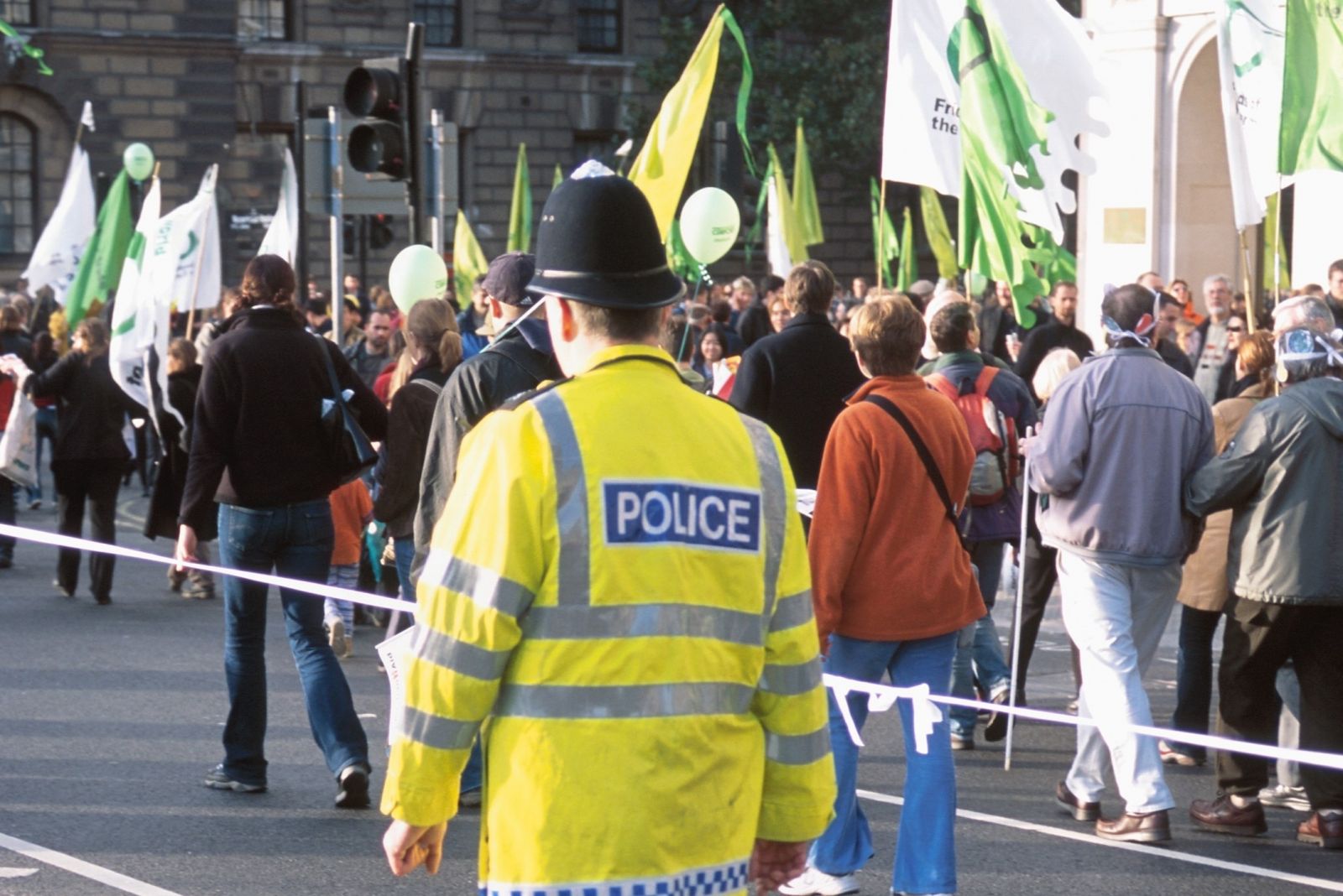
1.03 Threat, risk and harm: scoring of OCGs (Organised Crime Groups)
This project compares existing methods for assessing the risk posed by an OCG and formulating recommendations for how OCG risk assessments could be carried out.

1.02 Visual identification – what works
This project examined to what extent current eyewitness identification practice is evidence based, and which procedures 'work'.

1.01 Policing practice, citizen enquiry and solving crime with social media
An exploration of how witnesses are investigating crimes through social media and how this might impact policing practice.

0.01 Putting research evidence into practice using the mystery face procedure
Are current visual identification procedures in the UK evidence based, and what is preventing research findings being translated into practice?
News
- Launch of Openlearn Policing Practice and Leadership Hub 14th May 2024
- Ten-years of Policing at the OU 5th April 2024
- Launch of CPRL Small Grants Pilot Scheme: Testing Policing Innovations 26th March 2024
Upcoming Events
Online Seminar: Can Coercive Behaviour be identified through Machine Learning?
Wednesday, October 23, 2024 - 13:00 to 14:30
Online Seminar: Innovations in police training
Wednesday, December 11, 2024 - 13:00 to 14:30
